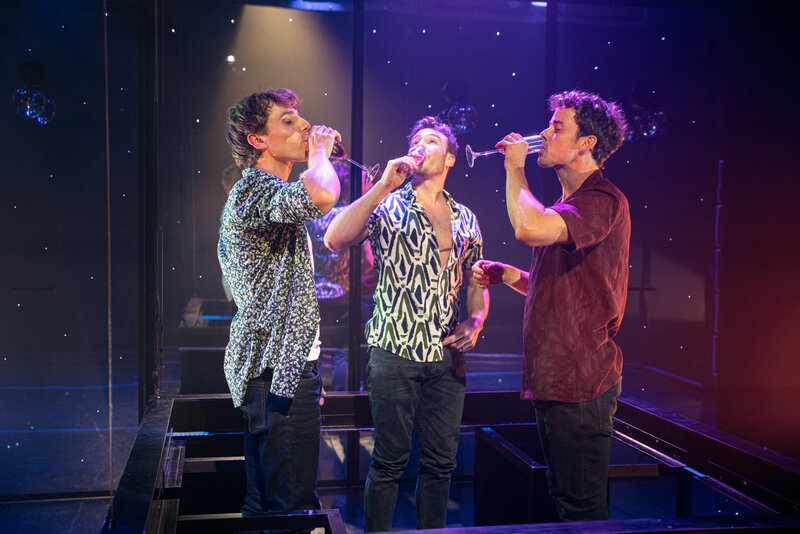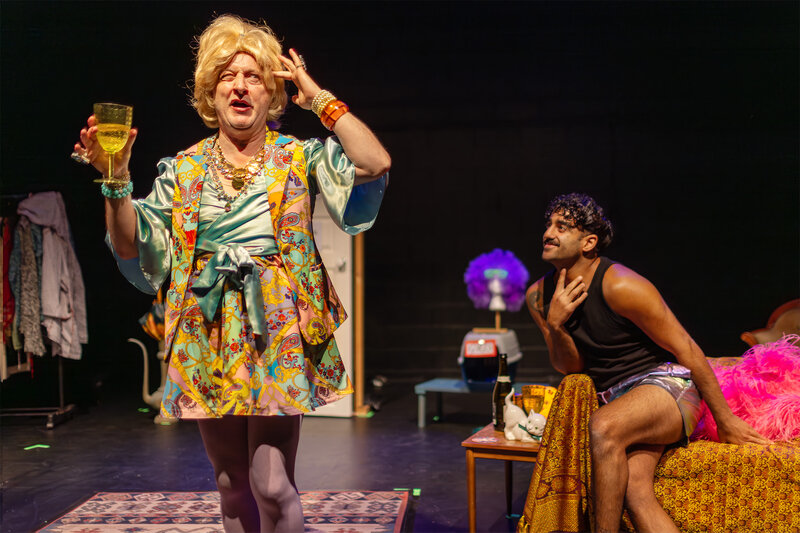What if The Breakfast Club characters had to work on a yearbook project together instead of just talking? Reading Sarah Ayoub’s latest book, The Yearbook Committee, I was instantly reminded of the aforementioned movie (a favourite of mine) because of the way it dealt with timeless issues facing young people. Here’s the blurb:
Five teenagers. Five lives. One final year.
The school captain: Ryan has it all … or at least he did, until an accident snatched his dreams away. How will he rebuild his life and what does the future hold for him now?
The newcomer: Charlie’s just moved interstate and she’s determined not to fit in. She’s just biding her time until Year 12 is over and she can head back to her real life and her real friends …
The loner: At school, nobody really notices Matty. But at home, Matty is everything. He’s been single-handedly holding things together since his mum’s breakdown, and he’s never felt so alone.
The popular girl: Well, the popular girl’s best friend … cool by association. Tammi’s always bowed to peer pressure, but when the expectations become too much to handle, will she finally stand up for herself?
The politician’s daughter: Gillian’s dad is one of the most recognisable people in the state and she’s learning the hard way that life in the spotlight comes at a very heavy price.
Five unlikely teammates thrust together against their will. Can they find a way to make their final year a memorable one or will their differences tear their world apart?
I don’t read a huge amount of young adult fiction these days, but once in a while I choose to, partly as a means to connect with the teenagers in my own home, and partly (perhaps) to reconnect with the younger me. The Yearbook Committee was exactly the kind of YA fiction I do enjoy, because it’s so identifiable, even 25+ years after graduating high school. The characters could have been people I went to school with – they are the every-people in every school. There’s always a loner, a newcomer, the popular ones.
Written from five points of view is no easy task, but Ayoub’s voices are distinct and memorable. I came to care for each of the characters as I got to know them more, as their insecurities were revealed to each other, and to me, as a reader. There’s a little bit of each of them in each of us. The following samples provide terrific insight (for the characters themselves and the reader) in just a few lines.
Which is why no matter what Lauren Pappas throws at me, she will always get away with it. Because I will always just shut myself away and let her. (p74)
and this:
‘Love is blind,’ I tell her, smiling.
She looks at me sadly before she responds. ‘So what does it mean now that I can see?’ (p129)
Although The Yearbook Committee has modern touches such as short Facebook and Spotify updates to open each chapter, the retro camera on the cover emphasises how technology has changed but people haven’t. The issues facing Ryan, Charlie, Matty, Gillian and Tammi are timeless, from their relationships with the friends and parents, to their hopes and dreams as their future in the adult world looms. And who among us can’t relate to or empathise with themes like belonging, identity, peer pressure, bullying, body image, and expectations?
A smart and memorable coming of age story, The Yearbook Committee would make terrific school text. I’m passing my copy on to Miss Attitude and I already have a feeling she’ll be able to connect with each character in a different way. As for me, I enjoyed it thoroughly – partly because of the way it was written, but mostly because of the way it reminded me what deep thinkers young people really are.
Available from good bookstores (RRP $19.99 AUD). My copy was courtesy of Harper Collins.
Monique Mulligan
For more of Monique Mulligan’s writing on books, check out Write Note Reviews

David Edwards is the former editor of The Blurb and a contributor on film and television




